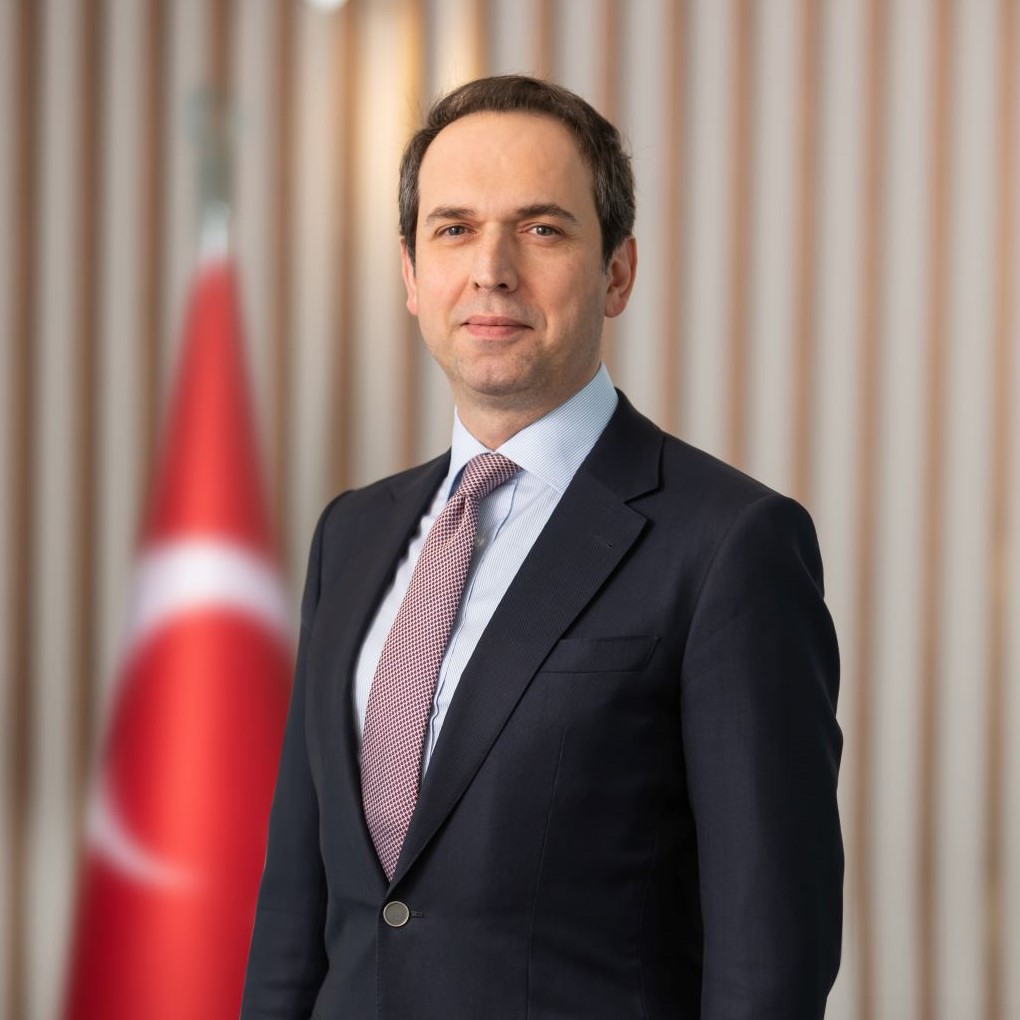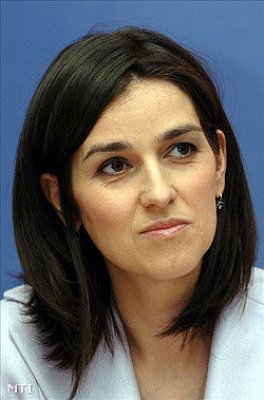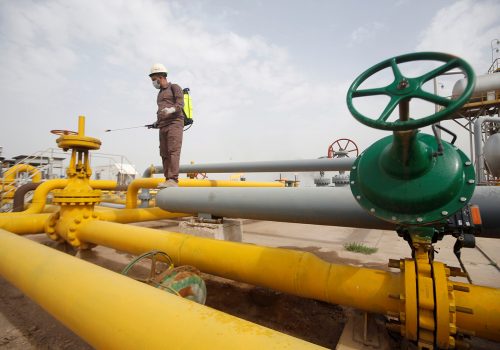As the global community continues to grapple with the coronavirus (COVID-19), the Atlantic Council is open for business. Our business, meetings, and events, however, are occurring virtually. For more information, please read an update from our President and CEO.
The energy sector across the world has been roiled by the combined weight of the coronavirus crisis, which has hit global demand, and an influx in oil supply after an OPEC+ production cut deal fell through. With global travel coming close to a standstill as nations race to stop the spread of COVID-19, oil and petrochemical demand has fallen sharply, hitting producers and refiners. Meanwhile, the world’s top producers in OPEC+ have since struck a deal to cut production by nearly a tenth, however the agreement has done little to correct the imbalance or satisfy energy markets. The historic combination of a demand and supply shock has caused unprecedented volatility in energy markets and harmed producing countries, particularly those in the developing world which rely on hydrocarbon exports to balance their budgets. The historic imbalance has pushed oil storage capacity to its limits, causing futures prices to turn negative for the first time ever. The crisis and the low energy prices it has precipitated has also put into question the development and deployment of renewable energy in pursuit of the global clean energy transition.
Meanwhile, Turkey, which relies on imports for almost all of its oil and gas needs, finds itself in the enviable position of facing a significant reduction to its energy import bill. The share of spot LNG, whose price has fallen dramatically in recent months due to demand conditions, in Turkey’s natural gas imports has been steadily increasing with new opportunities in the United States. This still represents only a silver lining economically for Turkey which, like every other country is suffering significant economic consequences as a result of the crisis. Turkey’s day-to-day electricity demand has fallen by over 5% and could lower Turkey’s electricity exports to Europe and neighboring countries. The crisis could also impact investment in Turkey’s energy sector, which has seen impressive growth in recent years.
Event Coverage
Featuring

Alparslan Bayraktar serves as the Deputy Minister of Energy and Natural Resources. Prior to assuming this post, he was the Deputy Undersecretary of MENR following his service as the General Director of International Affairs and European Union. Between 2010-2016, Mr. Bayraktar served as a Commissioner of Energy Market Regulatory Authority of Turkey. Before his public service, he worked for the private sector in Turkey and abroad. Mr. Bayraktar also holds positions in various international organizations involved in issues relating to energy governance. He served as the Chairman of International Confederation of Energy Regulators (ICER) and Energy Regulators Regional Association (ERRA). Currently, he is the Chairman of World Energy Council Turkey and Istanbul Center for Regulation (IC4R). Mr. Bayraktar received his BS in Mechanical Engineering from Istanbul Technical University, LLM in Law and Economics from Bilkent University and MA in International Relations from Fletcher School of Law & Diplomacy at Tufts University.

Dr. Anita Orban joined Tellurian LNG as Vice President for International Affairs in 2017. Previously she worked as Chief Advisor for Cheniere Marketing Ltd. Between 2010 and 2015 she served as Ambassador-at-Large for Energy Security of Hungary. Prior to that she was the Director of Constellation Energy Institute, a think tank facilitating cooperation in the Central Eastern European energy sector. She is the author of the book Power, Energy and the New Russian Imperialism (CT: Praeger, 2008). Between 2005 and 2008 she served as the Executive Vice President of the Budapest-based International Centre for Democratic Transition (ICDT). In 2004-05 she was editor of the ’World’ section of the Hungarian political weekly Heti Valasz where she also ran a monthly op-ed column on international issues for six years. She earned her PhD degree from the Fletcher School of Law and Diplomacy in Boston in 2007. She holds a Master Degree in Law and Diplomacy from the Fletcher School and a Master in History from Tufts University. She earned her Bachelor degree in economics from the University of Economic Sciences in Budapest in 1997.
Agenda
A conversation with
Alparslan Bayraktar
Deputy Minister, Ministry of Energy and Natural Resources
Republic of Turkey
Anita Orban
Vice President, International Affairs
Tellurian LNG
Amb. Richard L. Morningstar
Founding Chairman, Global Energy Center
Atlantic Council
Moderated by
Defne Sadıklar Arslan
Director, Atlantic Council IN TURKEY
Atlantic Council


